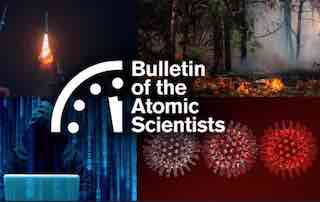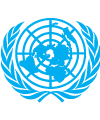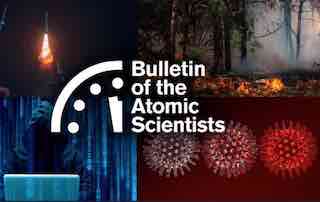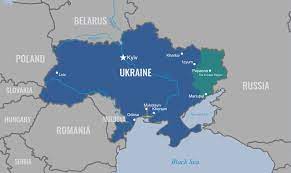"Russia (again) peddles its debunked US-Ukrainian bioweapons claims at the United Nations": Bulletin of Atomic Scientists

Since invading Ukraine in February, the Russian government has tirelessly worked to convince others of the existence of an illicit US-Ukrainian bioweapons program. It’s brought the claims to the UN Security Council, the Biological Weapons Convention, and other international venues, sometimes more than once. Earlier this month, Moscow went to the Security Council for the fourth time this year. This time, Russian diplomats triggered a never-before invoked mechanism to vote on creating a commission to investigate its bioweapons allegations. Once again, few countries sided with Russia.




